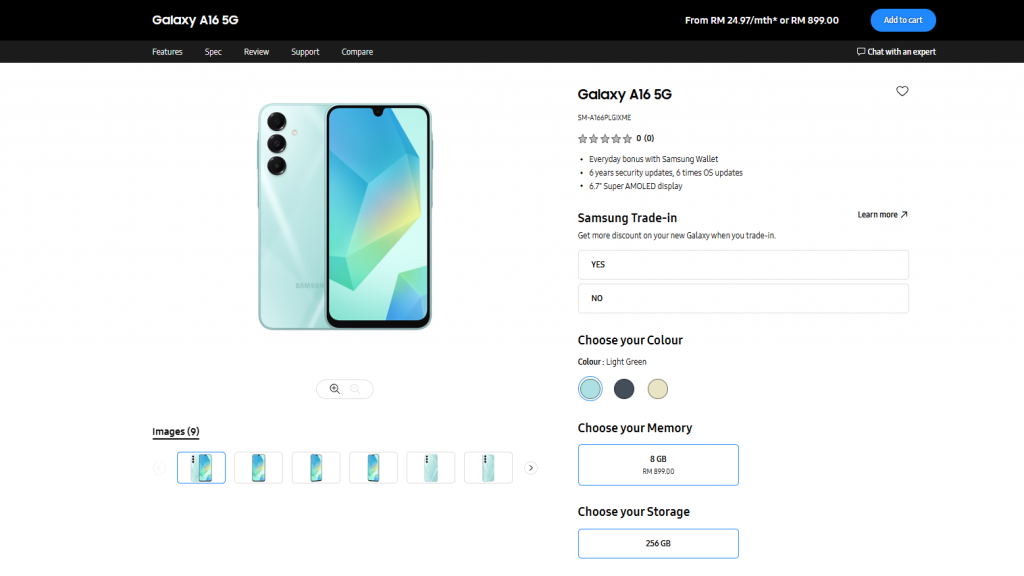At an event today, OpenAI announced several new features for ChatGPT. One of the most important was the ChatGPT desktop app, which is coming to Mac devices first. Until now, the AI-powered chatbot only had dedicated apps for mobile devices (Android and iOS). A Windows version will be available “later this year.”
OpenAI launched a ChatGPT app for Mac
Mira Murati, Chief Technology Officer of OpenAI, announced this and all new developments related to ChatGPT during the “Spring Update” event. One of the company’s goals is to make the service widely available and free. The ChatGPT Mac app is part of that strategy, representing a new gateway to the service. The easier it is to use, the faster it can be integrated into your daily life.
Thanks to the app, Mac users will be able to easily invoke ChatGPT at any time. Whether you’re writing an essay or watching a video, the AI-powered chatbot is just a click or command away (Option + Space). Once you invoke it, it will emerge as a floating window on the screen. The app will be able to identify whatever you have on the screen so you can ask related questions.
Of course, you can also manually enter your prompts about anything else, either using text, images, or all the formats supported by the service.
Accessibility and simplicity of use are the focus
With the desktop app, the company is also refreshing the UI. This is also part of their focus on making it as easy as possible to use the service. The new UI is friendly and intuitive, seeking to reduce as much as possible the “friction” between humans and technology.
OpenAI is aware that services of this type can seem complex to use. But they want that not to translate into the actual user experience. That’s why they have also been making it increasingly easier to use ChatGPT. For example, Murati remembers that they recently removed the sign-up requirement.
The ChatGPT desktop app is available today for paid plan users. However, free-tier users will also be able to access it soon. Additionally, the company announced GPT-4o, a faster and more powerful version of the GPT-4 model.




